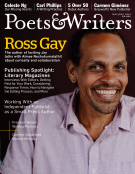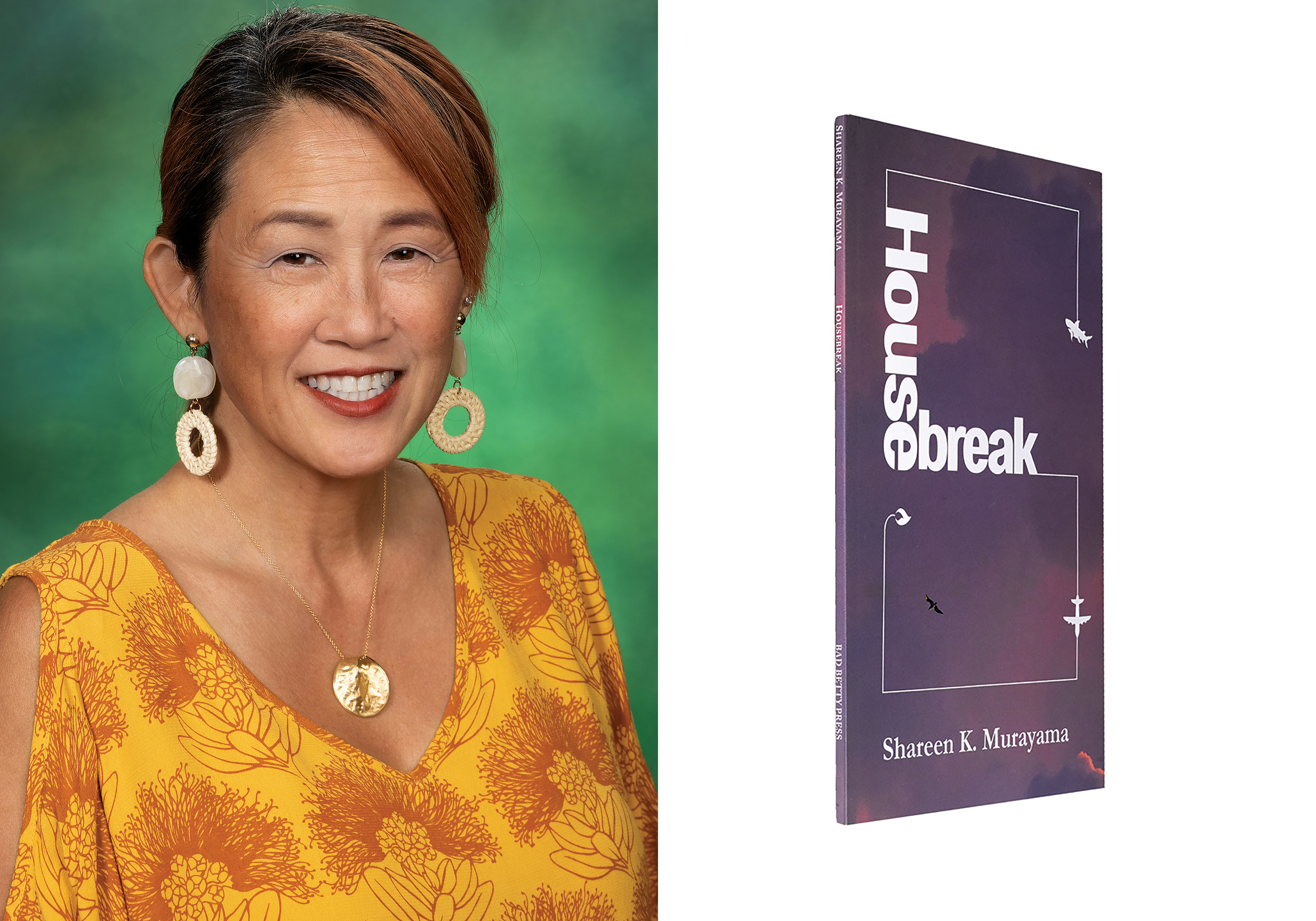Shareen K. Murayama
Age: 55. Residence: Honolulu. Book: Housebreak (Bad Betty Press, July 2022), a collection of poems that ask how we live within perennial emergency, where belonging and self-protection converge, how we explain loss to children, and what the wind has in common with hate crime. Agent: None. Editor: Amy Acre Hall.
I consider myself a late bloomer. As a public high school teacher, I have always envied the seniors packed in the gym in silky robes and tassels, ready to evacuate a space, only to fill another, like breath pushing in and out of lungs.
Almost twenty years after receiving my bachelor’s degree in English, I returned to school for my MFA in creative writing. In 2015, after completing my first year, I became a widow at age forty-nine when my life partner died unexpectedly. Loss leaves too many spaces, and much air leaked out of my lungs. But Rilke said that once we push through that solid rock of grief, we can resume our space among the living once again.
With support from the faculty and my cohort members, I completed my MFA the following year. But what then? I had no plans. Could I survive on my own? Would anyone love me, relate to me, touch me ever again? Why be in relationships knowing how they end? And I put into poems all my feelings and existential wonderings.
Someone once said that having an MFA under one’s belt was beneficial in order to begin studying all that we don’t know. And there was so much I didn’t—still don’t—know. I resumed my studies and signed up for anything free, workshops and contests, and I volunteered to read for lit mags and used my library card to read books on noted lists.
In fact it was an open call and the absence of a submission fee for a chance to publish a poetry collection from Bad Betty Press that changed my life. I just needed to e-mail ten poems. I thought, I have ten poems. Some of them had been published online or in print journals. The founding editors of Bad Betty, Amy Acre and Jake Wild Hall, e-mailed back and asked to see my full collection. Could I send it over? That’s how it began. It ended with Housebreak being chosen as one of two poetry collections published by the press this year, along with British writer Molly Naylor’s Whatever You’ve Got, and a book tour with dates to perform in London and Bristol, England.
When I was writing those poems and borrowing poetry books from the library, I inspected the poets’ acknowledgements pages. Their lists included artist residencies and grants and paragraphs of people’s names. I added everything to my study list, and I was further convinced that I’d never publish anything because I didn’t know many people. Writing can be very lonely.
So, my last tip, at least one that’s worked for me, is to engage your community on social media. I’ve been lucky to surround myself with encouraging, intelligent writers who take time to read and share my pieces that resonate with them, and I, in turn, support their writing. I’m trying to make the table bigger for more voices. In this way, writing and connecting with writers has been symbiotic, inspiring.
While I can’t speak for all writers, I know I needed space and distance to narrativize my life moments on the page. I think love and death, joy and anger are universal themes that can be accessible, unforgettable, and celebratory. When you’re questioning yourself like I do on a weekly basis, think of Sean Thomas Dougherty’s poem “Why Bother?” and remember that someone out there has “a wound in the exact shape / of your words.”










